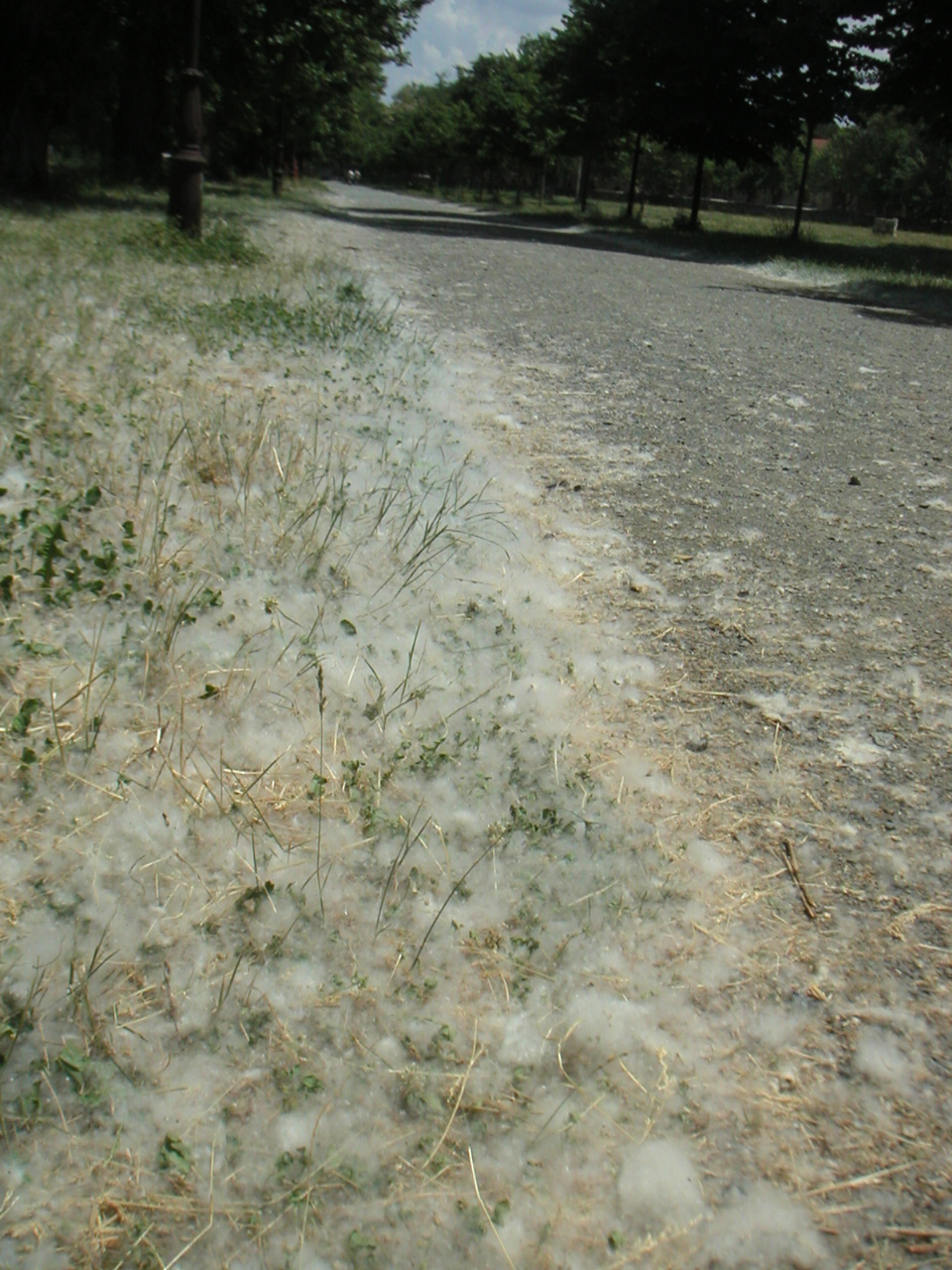* This post references, and is in response to questions from, the prior.
“Why?” Jerry asks, “did you use your social security number instead of your name?”
And first may I just reassure, all those concerned, that it was not my real social security number (but I did edit the post when I came to the daydream-inspiring realization that the number most likely does, belong to someone.)
Daydreams aside, I used a social security number because it is normally by this sequence of numbers that I am identified in our System. But since I feel it’s high-tea-time that we humbled that upper-case “S” to a lowercase one and made a movement to bring symmetry to the little “h” in “Humanity,” I wrote the letter in cursive, put it into a pretty card, and signed the note with love. Autographing also with my SS# was simply a nudge of complimenting fun. For even in machines, I believe, there must be a string to pull for a punchline and laughter. And it is my theory that a machine will not stop acting like a machine until I stop treating it like one.
Does this make sense? I am American. That I was born an American will never change (although, with a little life-creativity, how I die might change). And since I currently am American, I am one tiny little cell of this massive organism called (the US of) America. But I am one tiny cell! And although I cannot mobilize the country towards change alone, I can mobilize my cell, my own being, with all my might. So I have to recognize that it is not enough for me to surrender to the machine or to type out a letter and check boxes and speak machine language; for then aren’t I only acting as part of the machine? And neither is it in my nature to be angry with, violent towards or fight against the machine. For I’ve realized that this, too, is speaking machine-language. So you know what I’m going to do? I’m going to hug the machine. And I’m going to be brutally honest with the machine. I’m going to humble myself in front of the machine. And I’m going to invite the machine to an open dialogue and tea. For THAT, is how I want to be treated by the machine. And after all, even the machine (or at least the machinery), is my neighbor.
Another reader asks, “but what about your neighbors?” And what about the cockroaches that might continue to infest apartments because I would not let them spray the chemicals necessary to kill them in mine? Am I so self-centered as to not keep in mind the good of my community?
Let me share two stories.
My grandfather was an exterminator. He worked with similar chemicals. I’m certain that everyone crossed their hearts and swore to him that those chemicals were safe. He used them. And he died when my mother was only 18 from a disease that was certainly linked to these chemicals.
In Darjeeling, India, one of my students lived with a family on a tea plantation. This plantation, like most farms, uses pesticides to keep up with the massive production goals that the international market demands. Now let me share with you a fact that makes something inside of my shrivel with fear; there are NO songbirds on this plantation. The chemicals have plucked from the ecosystem one of the most critical components to its natural and fluid self-regulation. Can you imagine waking up in the foothills of Himalayas to silence? The owners of this plantation have never been properly educated on how to use these chemicals that, when outlawed in the United States, were then too-conveniently dumped on this developing country. The family does not properly use or clean up after using the pesticides; discarded containers were spotted draining their last deadly contents into a nearby river and primary water source. The father of this household told a story of how their family dog once had an insect trapped in its nostril. The dog was going crazy. So the father took a single drop of the pesticide and put it in the dog’s nose. The dog instantly died. The main market for tea from this plantation is Europe and North America.
So what about my neighbors; do I really do them any disfavors by raising questions and doubts about how the, “good of the community” is defined?
When I am at the supermarket, I think of the field with no songbirds every time I opt, and pay the extra price, for organic (and fair trade) foods. And when the apartment manager tells me that the pesticides are totally safe, I share with her my stories of experience otherwise, follow my intuition, and make my own choices. And when I recognize that my dissent is contrary to the opinion of my community, I respond by opening an honest dialogue, from one human to another, with warmth, sincerity, and an invitation to tea.
And you know what happens?
Within 5 minutes of putting up that silly letter outside my apartment, there was a knock on my door. My neighbor (that I had yet to meet) from apartment 302 stood there. She pointed at my note and said, “me too.”
Dissidence is the seed of change. And it takes only a little creativity, an open mind and some good intention to reach inside, find, and start sowing those seeds.
I REALLY want to see change in this country. I have a feeling that I’m not the only one. And they may be daisies, but they are only the beginning of my field of efforts to, “be the change I want to see. “ (- Gandhi)
*****
And speaking of “being the change” or at least of learning about it — here’s an awesome opportunity to make a move for change, one mile at a time. (I’m trying to make room in my own schedule in order to be able to participate…)
*****
SUSTAINABLE ENERGY IN MOTION BIKE TOUR – www.portlandpeace.org
*****Bike hundreds of miles. Meet incredible people. Participate in amazing service projects. Stay on organic farms and work to promote sustainable food growth practices. Study and work with Native American communities. Live with the land and camp under the stars. Change your world, one mile at a time.
web: www.portlandpeace.org
phone: 503-239-8426This summer, you can take an extraordinary journey. Tune up your bike, pack your bags, and join fellow riders from all over the world for an incredible excursion across Oregon, utilizing the most sustainable method of transportation available: your own bike.
* Study and apply the philosophies of permaculture, alternative building, appropriate technology and sustainable energy.
* Spend time with Native American communities, work with salmon restoration and indigenous building practices.
* Gain a deeper understanding of how organic food is grown, and distributed.
* Explore some of the most beautiful places in Oregon while learning about natural history, deep ecology, and environmental ethics.
* Observe local economics projects and grassroots democracy struggles in places through which you travel.
* Participate in a traveling community of cyclists coming from all over North America with a variety of backgrounds but with a shared longing for a better world.
* Discover consensus decision-making and use it to make collective decisions within your community.
* Learn about nutrition, health and fitness through long-distance cycling.
Visit our website for more informati
on and to enter to win one of our one-week tours! www.portlandpeace.org / 503-239-8426
———————————————
*sol bows her “namaste” and gratitude to World Nomads Travel Insurance, ThinkHost and MercuryFrog for their ever-supporting roles in the realization of her dream.


Solbeam, I have used an extract of this article on my blog. If you so wish, I shall remove the same. Please do check it out. – Dustyshoes
i didn’t think it was your real social, but who knows. i do hear you about being organic. it seems like a paradoxical whirlwind sometimes guarding something as simple as one’s own health and right to longevity by investing in organic foods and then suck down car exhaust on the bike ride over to the store. but i agree. its worth the investment of the time to bike over and the few extra dollars to support organic food. i live on the east coast and i can’t even get my roommates to recycle. and as frustrating as it is to pull beer bottles out of the trash, what choice do i have?
yes, you got to love the machine.